53
7
This is my first golf contest.
What you need to do
Build me, in the shortest amount of bytes possible, my AC remote control system. My room is too cold right now, and I'm missing my remote.
Now, I don't want you literally building it or anything, just golf this:
A slow increment of temperature, starting at 40 degrees, and ending at exactly 72. The increment time must always be 500 millis per increment. It can wait another 500ms at the end. I would prefer it to stop however. The increment itself must go up by two each time, like my remote.
You should not clear the screen. You should have newlines.
What should happen
Example output (everything in parentheses shouldn't be outputted).
40
(wait 500 millis)
42
(wait 500 millis)
44
(..repeat until 72..)
72
(stop or wait 500ms)
Keep in mind This is my first golf, so I apologize if this is too hard to golf. :(
Best of luck, golfers!

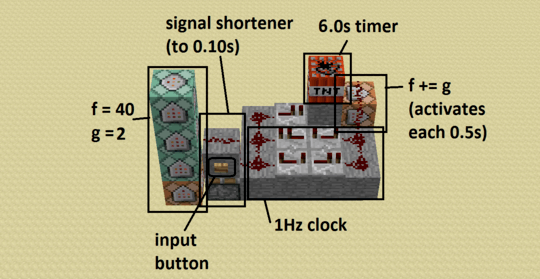
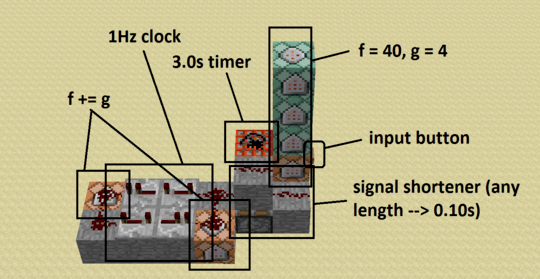
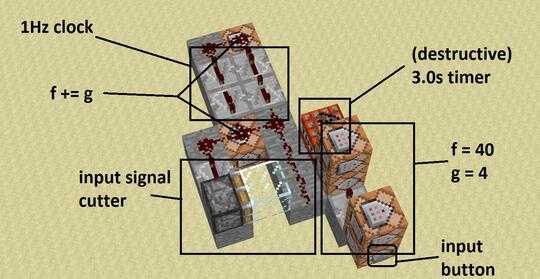
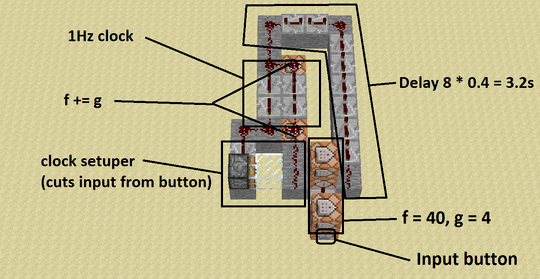
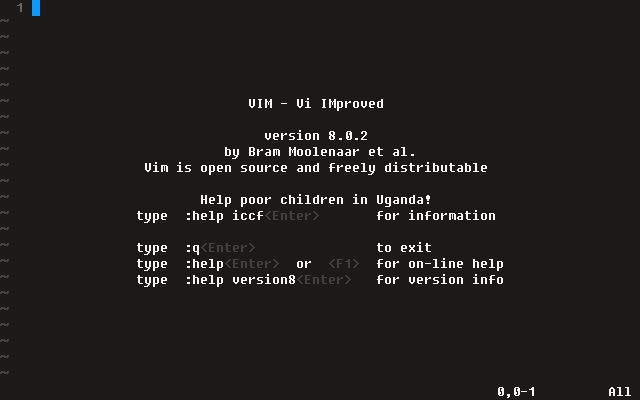
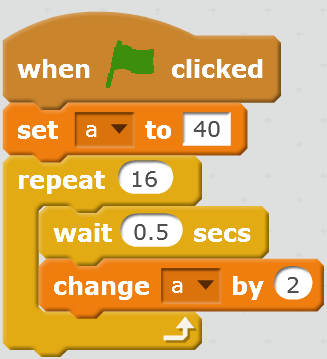
3Minor thing, but "must always be 500 millis" is fundamentally too strict for any reasonable device. I'd recommend specifying a variance, something like +/-10%. – FryAmTheEggman – 2016-12-24T02:52:59.063
Okay, I'll see what I can do, once again, I'm learning, thanks for your help :) – IMustBeSomeone – 2016-12-24T02:53:38.417
1Can you wait 500ms before showing initial output? – FlipTack – 2016-12-24T11:25:44.557
35-1 for using Fahrenheit (not really, but you should at least say you're using it; 40 degrees celsius isn't too cold in the slightest) – John Dvorak – 2016-12-24T11:54:36.063
20+1 for using Fahrenheit, it has better resolution than Celsius and is just as arbitrary as anything not Kelvin or Rankine – Nick T – 2016-12-24T18:20:47.123
May we wait half a second before printing 40? – Adám – 2016-12-25T10:14:13.043
Changing the challenge spec after answers have already been posted is much frowned upon, for obvious reasons. At the very least you should have notified the authors of those answers about the change (newlines compulsory, as opposed to clearing the screen) – Luis Mendo – 2016-12-27T02:12:21.003
8@NickT then you're out of luck because this remote's resolution is 2°F which is higher than 1°C. And you can get higher resolution in Celcius than Fahrenheit with a remote that can display 0.5 and much more if it can display to 0.1. Anyway I'm a simple man and can't differentiate between 22 and 23°C so high resolution in this case is useless to me – phuclv – 2016-12-27T12:04:10.880
@NickT Not Reaumur either – Matthew Roh – 2017-03-25T17:47:43.637
@SIGSEGV or degrees Baume – Nick T – 2017-03-26T21:20:17.473